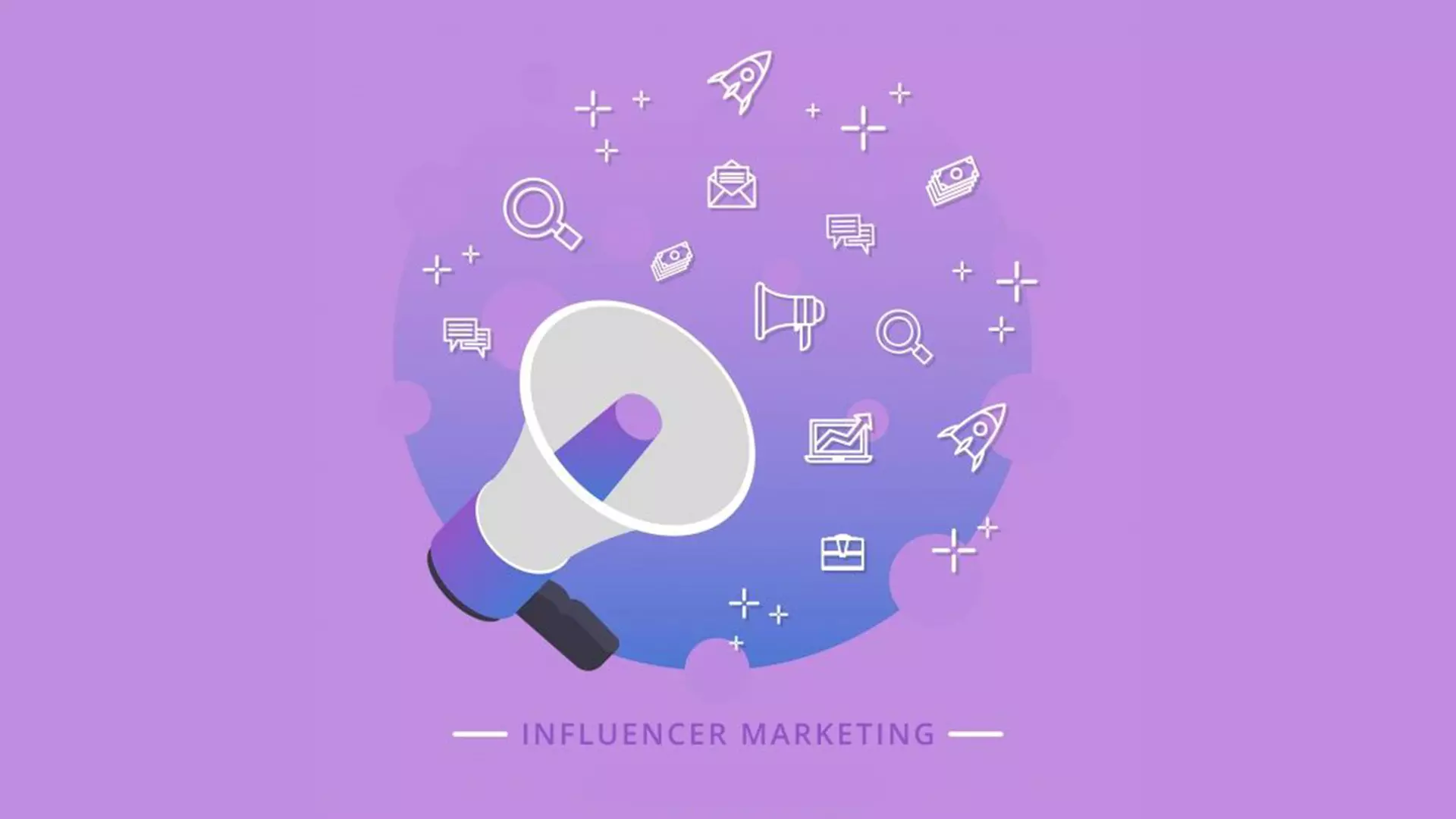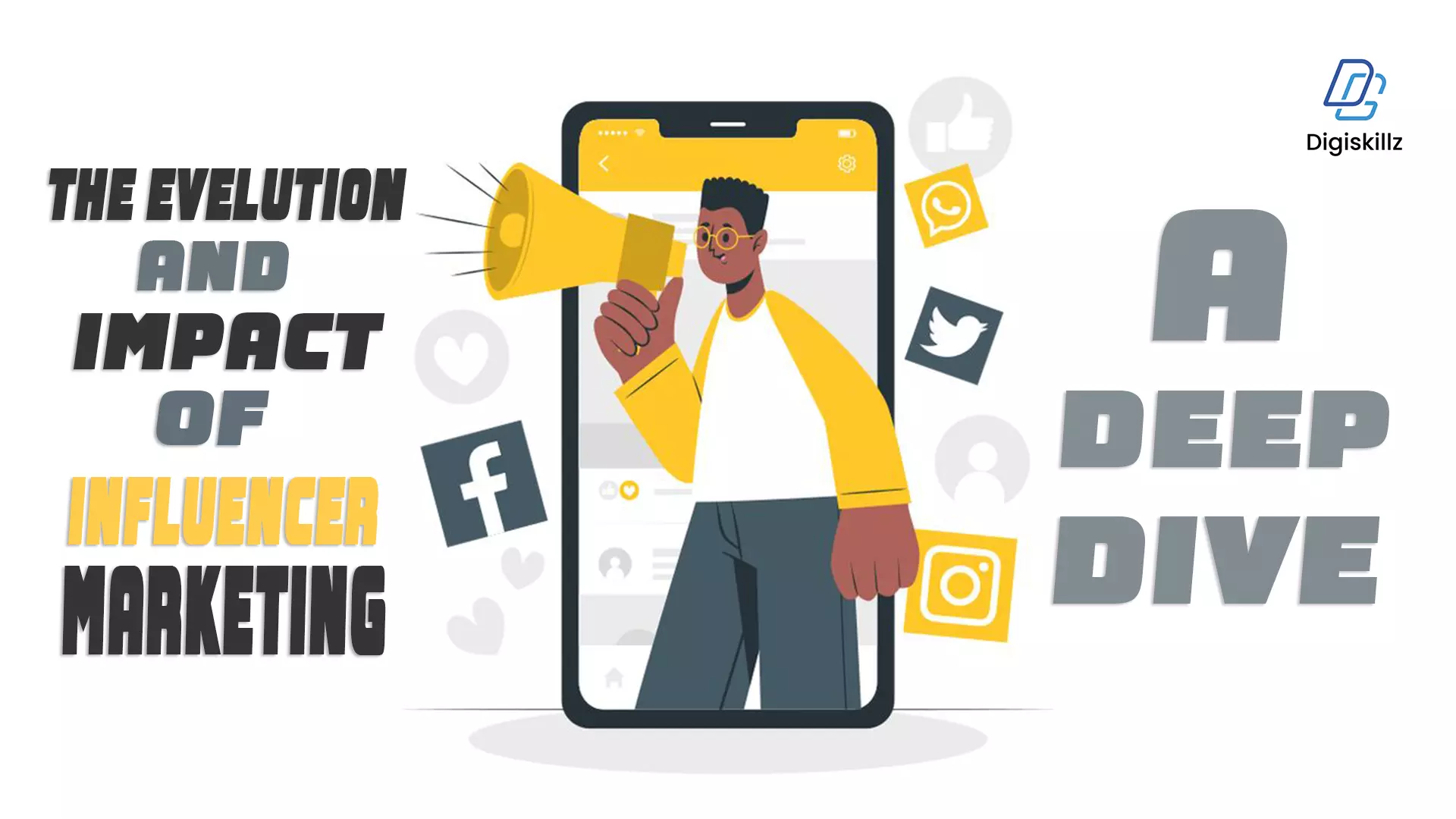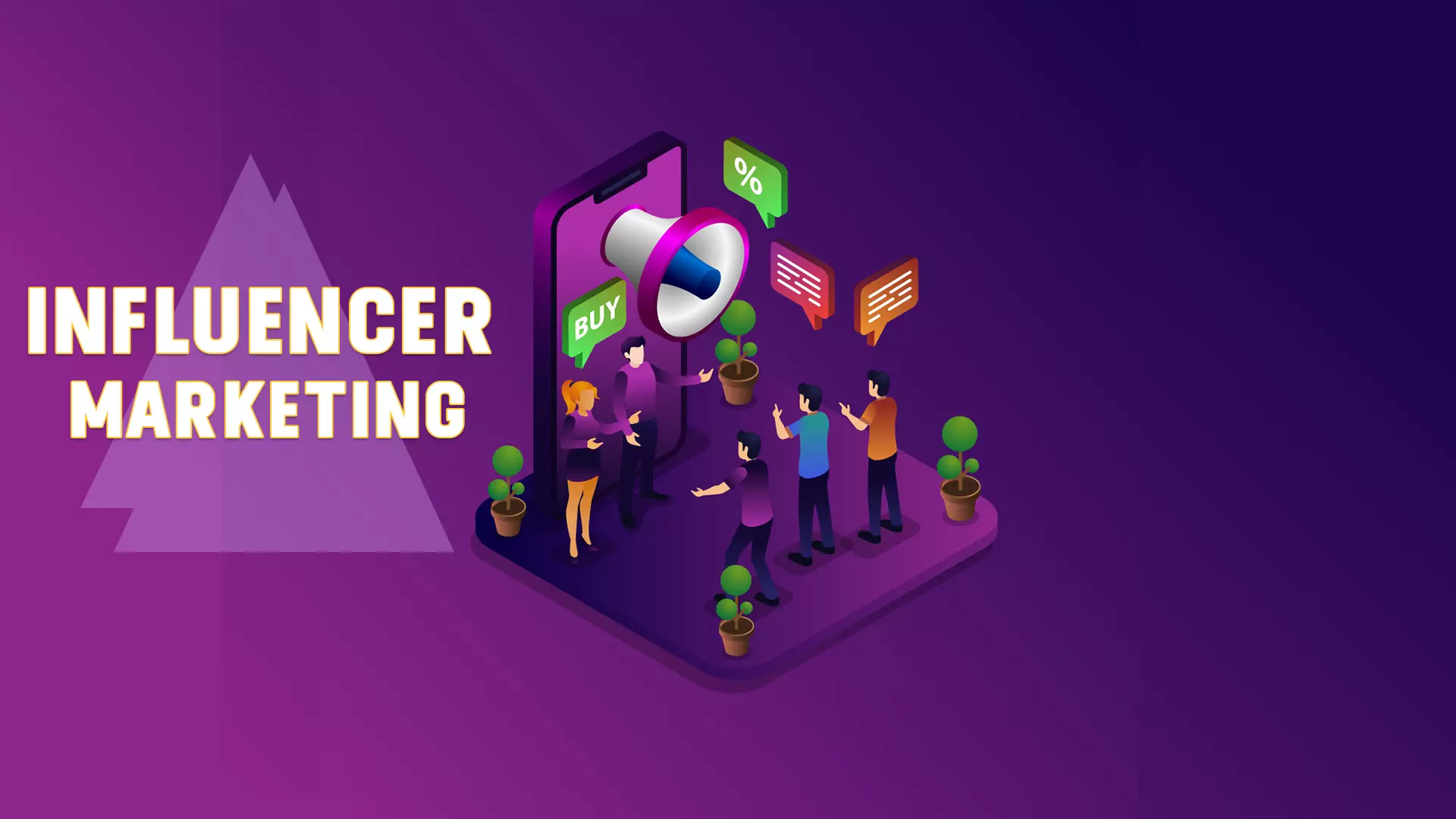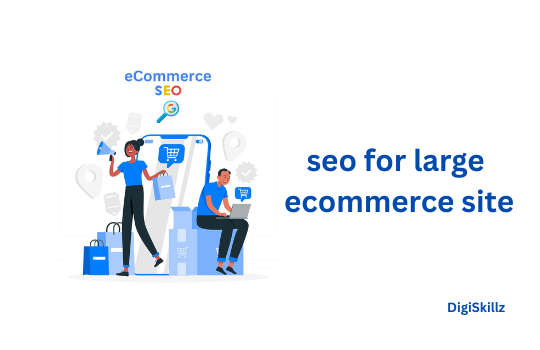In the digital age, marketing has transformed dramatically. Traditional advertisements are often drowned out by the noise of the internet, making it essential for brands to find innovative ways to connect with consumers. a dynamic strategy that harnesses the power of individuals who have cultivated trust and authority within specific niches. This blog will explore the evolution of influencer marketing, its benefits, strategies for effective implementation, and what the future holds for this compelling trend.
Influencer marketing leverages individuals—known as influencers—who possess the ability to affect the purchasing decisions of others due to their authority, knowledge, position, or relationship with their audience. Influencer marketing depends on relatability and authenticity, in contrast to traditional advertising, which frequently comes across as invasive and impersonal.
Table of Contents
The Rise of Influencer Culture

The advent of social media has fundamentally changed the landscape of influence. Platforms like Instagram, YouTube, TikTok, and Twitter have given rise to a new class of celebrities: social media influencers. These individuals can range from micro-influencers with a few thousand followers to mega-influencers boasting millions. What sets them apart is their ability to engage and connect with their audience, often leading to higher engagement rates than traditional celebrity endorsements.
The Benefits of Influencer Marketing
Authentic Engagement
Influencers help their followers develop a feeling of belonging and trust. Their recommendations often feel more personal than traditional advertising, leading to authentic engagement. When an influencer recommends a product, it is more likely to be seen by their followers as a sincere suggestion than as a sales pitch.
Targeted Reach

One of the most significant advantages of influencer marketing is the ability to target specific demographics. Brands can choose influencers whose followers align with their target market, ensuring that their message reaches the right audience. Whether a niche health product or a luxury fashion brand, there’s an influencer for every category. Influencer marketing offers numerous benefits for brands seeking to enhance their reach and engagement. By partnering with influencers, businesses tap into established audiences that trust these individuals, leading to increased brand credibility and visibility. This form of marketing fosters authentic connections, as influencers can communicate brand messages in relatable ways.
Additionally, it allows for targeted marketing, enabling brands to reach specific demographics effectively. Influencer campaigns often generate higher engagement rates compared to traditional advertising, driving more meaningful interactions. Furthermore, the diverse content styles of influencers provide creative opportunities for brands to showcase products in innovative and compelling ways, ultimately boosting conversions
Cost-Effectiveness
Compared to traditional advertising, influencer marketing can be more budget-friendly, especially when partnering with micro or nano-influencers. These influencers often have lower fees and can deliver high engagement rates, making them an excellent choice for brands looking to maximize their marketing budget.
Enhanced Brand Awareness
Collaborating with influencers can significantly boost brand visibility. A single post by an influencer can introduce a brand to thousands, if not millions, of potential customers. This exposure can lead to increased traffic to the brand’s website and social media pages.
Content Creation
Influencers are skilled content creators, capable of producing high-quality, engaging content that resonates with their audience. This user-generated content can be repurposed across various marketing channels, enriching a brand’s content strategy.
Choosing the Right Influencer

Factors to Consider
- Relevance: The influencer’s content should align with your brand values and target audience. Ensure that their niche resonates with the product or service you offer.
- Engagement Rate: High follower counts can be misleading. Analyze engagement metrics—likes, comments, shares—to assess how actively the influencer’s audience interacts with their content.
- Authenticity: Choose influencers who genuinely use and believe in your product. Authentic endorsements are more persuasive and foster trust.
- Brand Alignment: Ensure that the influencer’s image and values align with your brand’s identity. A misalignment can lead to negative perceptions and backlash.
Crafting a Successful Influencer Marketing Strategy

- Set Clear Objectives: Before launching an influencer campaign, it’s crucial to define clear goals. Are you looking to increase brand awareness, drive sales, or enhance social media following? Establishing objectives will guide your strategy and help you measure success
- Develop a Creative Brief: Work collaboratively with influencers to create a detailed creative brief. Outline campaign objectives, key messages, and brand guidelines while allowing room for the influencer’s creativity. This collaborative approach can lead to more authentic content.
- Utilize Various Content Formats: Encourage influencers to experiment with different content formats—Instagram posts, Stories, YouTube videos, blog posts, or TikTok clips. Diverse content can engage audiences in various ways and increase the campaign’s reach.
- Track Performance: Utilize analytics tools to monitor the success of your campaigns. Metrics such as engagement, reach, and conversion rates will provide insights into what’s working and what needs adjustment.
- Foster Long-term Relationships: Building long-term partnerships with influencers can yield greater benefits than one-off campaigns. Ongoing collaborations can deepen the connection between the influencer and your brand, fostering loyalty among their followers.
Case Studies of Successful Influencer Marketing Campaigns
- Daniel Wellington: The watch brand Daniel Wellington successfully capitalized on influencer marketing by partnering with influencers across various niches. They encouraged influencers to post photos wearing their watches, often paired with unique discount codes. This approach not only boosted brand visibility but also drove substantial sales.
- Glossier: Glossier has leveraged influencer marketing by focusing on everyday beauty enthusiasts and content creators. By prioritizing authenticity and user-generated content, they’ve built a loyal community around their products, often relying on their followers to share their experiences.
- Nike: Nike’s influencer marketing strategies involve collaborating with athletes and fitness influencers. Their campaigns resonate deeply with the fitness community, inspiring action and fostering brand loyalty. By aligning their brand with trusted voices in the fitness industry, they effectively engage their target audience.
Challenges in Influencer Marketing
- Authenticity Concerns: As influencer marketing becomes more mainstream, audiences are growing increasingly discerning. They may question the authenticity of endorsements, particularly if influencers appear overly commercialized. Brands must prioritize genuine partnerships to maintain credibility.
- Finding the Right Fit: With a vast number of influencers available, finding the right partner can be overwhelming. A poor fit can lead to ineffective campaigns and wasted resources. Brands must conduct thorough research and due diligence before committing to partnerships.
- Regulatory Compliance: As influencer marketing matures, regulatory scrutiny has increased. Brands must ensure that influencers disclose partnerships transparently, or risk facing legal repercussions. Adhering to guidelines is essential for maintaining trust and integrity.
- Negative Publicity: Influencers are human, and their actions can lead to negative publicity. A scandal or controversy involving an influencer can reflect poorly on the associated brand. It’s crucial to monitor influencer behavior and align with individuals who maintain a positive public image.
The Future of Influencer Marketing
- Increased Regulation: As consumer demand for transparency rises, expect more regulations governing influencer marketing. Brands and influencers must navigate these guidelines carefully to maintain credibility and compliance.
- Growth of Micro and Nano-Influencers: The trend toward micro influencers and nano-influencers is expected to continue. Brands recognize the value of smaller, highly engaged audiences, leading to more targeted and effective marketing strategies
- Integration of Technology: The incorporation of augmented reality (AR), virtual reality (VR), and artificial intelligence (AI) will shape the future of influencer marketing. Brands may utilize these technologies to create immersive experiences that engage audiences in new and exciting ways.
- Data-Driven Marketing: As analytics tools evolve, brands will increasingly rely on data to inform their influencer marketing strategies. Understanding audience demographics, engagement rates, and campaign performance will drive more effective decision-making.
Conclusion
Influencer marketing is a powerful strategy that offers numerous benefits for brands willing to embrace it. By understanding the dynamics of influence, carefully selecting partners, and crafting authentic campaigns, brands can effectively engage their target audiences and foster lasting relationships. As the digital landscape continues to evolve, staying ahead of the curve and adapting to new trends will be essential for success in the influencer marketing arena.In a world where consumers seek authenticity and connection, influencer marketing provides a unique opportunity for brands to bridge the gap with their audiences. By leveraging the power of influence, businesses can unlock new levels of engagement and growth, ensuring that their marketing efforts resonate in a crowded digital marketplace.
Influencer marketing has transformed the landscape of advertising, offering brands a unique opportunity to connect authentically with their target audiences. By leveraging the trust and credibility that influencers have built within their communities, businesses can achieve greater engagement and reach than traditional marketing methods often allow. The rise of social media has enabled brands to harness the power of micro and nano influencers, who often have more niche, dedicated followings and can drive more meaningful interactions.
However, the effectiveness of influencer marketing hinges on strategic partnerships. Brands must ensure alignment with influencers whose values and aesthetics resonate with their identity to foster genuine connections. Transparency and authenticity are also crucial, as consumers increasingly value honesty and may reject inauthentic collaborations.
As the digital landscape continues to evolve, staying attuned to emerging trends and platforms will be vital for brands. Measuring the success of influencer campaigns through metrics such as engagement rates and conversion tracking will help refine strategies over time. Ultimately, when executed thoughtfully, influencer marketing not only boosts brand visibility but also fosters community and loyalty, making it a powerful tool in a brand’s marketing arsenal. In an age where consumer trust is paramount, the right influencer partnership can yield impressive results and long-lasting impact.
Author: Azeem.K
Learner of Digiskillz, Digital marketing course in kottakkal












Leave A Comment